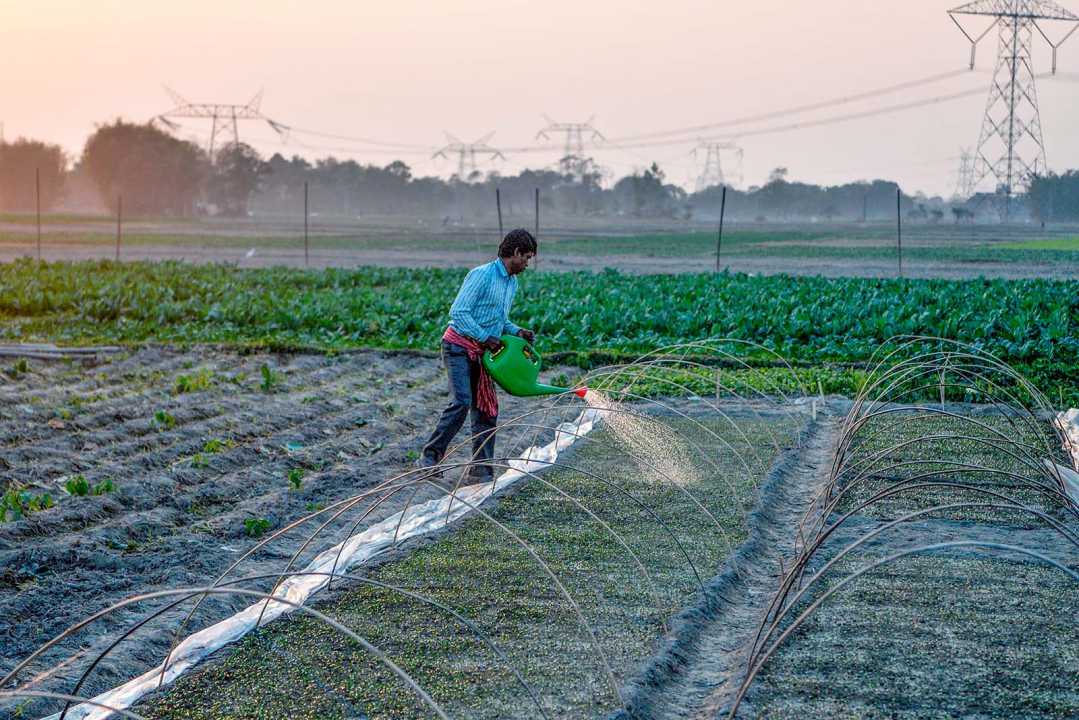World
Vanuatu Faces Water Crisis from Rising Sea Levels

On the beautiful islands of Vanuatu, daily life is changing due to rising sea levels. Church pastor Damien Hophand, who lives on Malekula Island with his family, is noticing a troubling shift in their water supply. “The wells are salty,” he says. “It’s not suitable for drinking.”
While many people on the 83 islands rely on piped water, some, like Hophand, use wells. Unfortunately, the climate crisis is pushing seawater closer to these wells, making the water unsafe. “In the past, the wells were away from the seawater,” Hophand explains. “Now the sea is moving closer.”
About 100 miles away on Moso Island, market seller Rita Vano sees the same troubling signs. “In the village there are no mangroves, so you can clearly see the sea level moving inland.”
The situation is serious. According to the UN meteorological agency, sea levels in the southwest Pacific are rising faster than anywhere else in the world. Saltwater intrusion, which happens when seawater floods onto land, poses a significant risk to local communities.
Tim Foster, a research director at the University of Technology Sydney, has studied groundwater sources in Vanuatu. He found that about 10% of these sources had salinity levels too high for drinking. Sadly, the problem is likely even worse now.
On Efate Island, home to Vanuatu’s capital, Port Vila, high tide causes rivers to overflow, making life challenging. Daisy Unguna, a research assistant, is collecting water samples from the area as part of a project funded by the Australian government, aimed at studying groundwater quality.
Dr. Krishna Kumar Kotra, who oversees Unguna’s work, warns that even communities farther inland will eventually suffer from saltwater contamination. He explains that overpumping groundwater causes pressure changes that allow saltwater to mix in.
Desalination machines, which can make seawater drinkable, are often too expensive for local authorities. Many households still rely on rainwater, but statistics show that only a fraction collects it properly.
Vano mentions the struggles her community faces: “Those who have their own personal water tank can manage their consumption, but it’s a big problem for the rest of our community, especially during long dry seasons.”
When the water tank runs dry, residents must turn to the contaminated well water. “Generally, the adults boil it before drinking, but the children just drink it directly from the well,” she says.
This situation is alarming, especially during droughts. Brecht Mommen, a water and sanitation expert with Unicef, warns that communities may have to relocate due to these water issues. However, finding new safe water sources could be just as hard.
The government, represented by climate change minister Ralph Regenvanu, has mentioned plans to relocate several coastal communities in the coming years in response to the climate crisis.
In the meantime, even when rain returns, it can be contaminated with harmful bacteria. The water resources department points out that this could happen during collection, leading to health risks. Sofia Lardies from World Vision notes, “All waterborne diseases are very common here.”
In villages like Hophand’s, the traditional thatched roofs aren’t suitable for collecting rainwater, and the piped systems often fail. “We need another source,” he says, highlighting the urgency of the situation.
Local organizations, including Unicef, are working alongside the Vanuatu government to help ensure that safe drinking water remains available to communities, but challenges remain.
Hophand concludes, “More and more villagers in Unua have to walk over a mile uphill to find safe drinking water. This is a real problem.”












